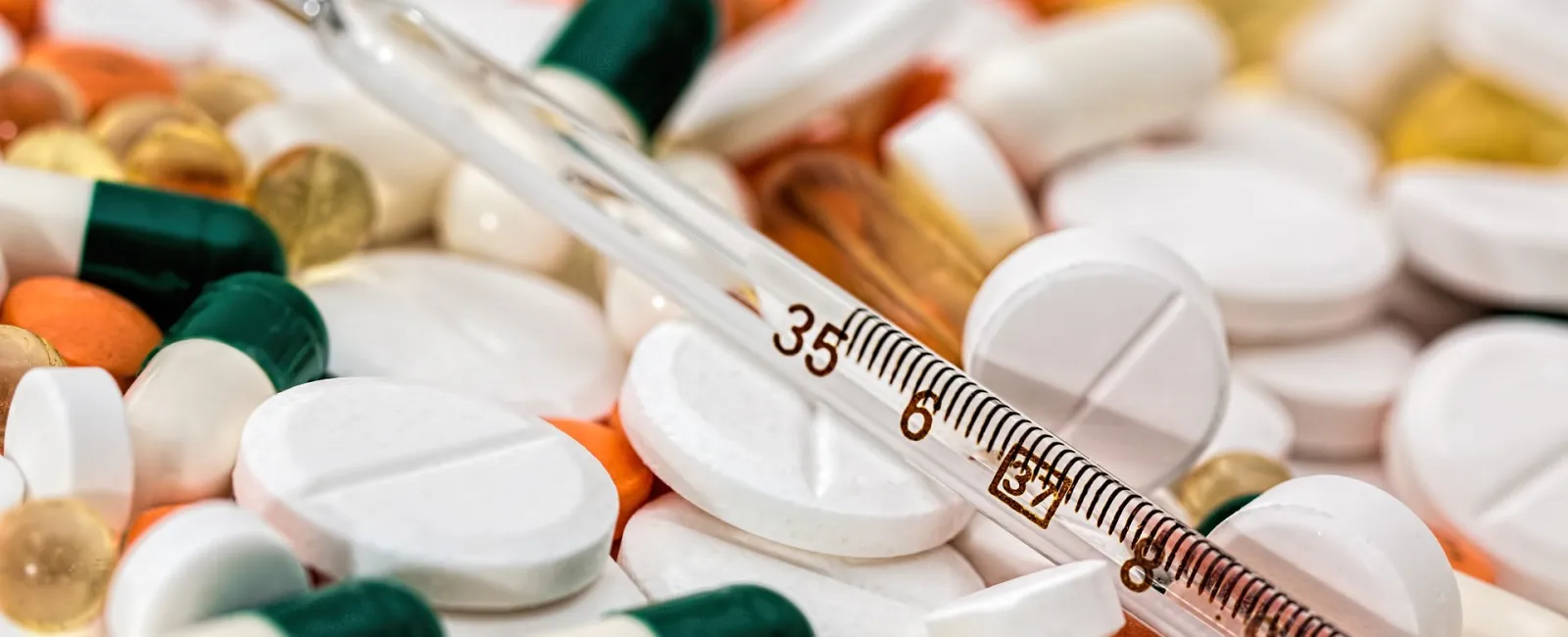 President Donald Trump and Vice President Mike Pence recently swore in Alex Azar as the new HHS Secretary. One of his major goals and responsibilities will be to fight the opioid crisis, while also focusing on bringing drug prices down. "We have to tackle the scourge of the opioid crisis and we will bring down prescription prices, "Azar said. "It's time to get to work."
President Donald Trump and Vice President Mike Pence recently swore in Alex Azar as the new HHS Secretary. One of his major goals and responsibilities will be to fight the opioid crisis, while also focusing on bringing drug prices down. "We have to tackle the scourge of the opioid crisis and we will bring down prescription prices, "Azar said. "It's time to get to work."
Already, this year, there have been significant fentanyl drug busts. One of the most recent busts resulted in the seizure of nearly 100 pounds of fentanyl from two men. Fentanyl appears to be a drug of choice for opioid dealers, perhaps due to how strong the drug is: an estimated 50 to 100 times more potent than morphine and 30 to 50 times more potent than heroin. "The 100 pounds of fentanyl trafficked into our state by these drug dealers could have generated enough lethal doses to kill the entire populations of New Jersey and New York City combined," said New Jersey Attorney General Gurbir Grewal.
Office for Civil Rights' Ongoing Efforts
The U.S. Department of Health and Human Services (HHS), Office for Civil Rights (OCR) recently launched new tools and initiatives in response to the opioid crisis, while implementing the 21st Century Cures Act (Public Law 114-255). These tools are said to ensure that patients and their family members can get information they need to prevent emergency situations, such as an opioid overdose or mental health crisis.
Resources have been published for professionals and consumers. For example, Guidance on Responding to an Opioid Overdose. The guidance discussed how HIPAA regulations allow health professionals to share health information with a patient's loved ones in emergency or dangerous situations. In other words, health care professionals can disclose some health information without a patient's permission under the following circumstances:
- Sharing health information with family and close friends who are involved in care of the patient if the provider determines that doing so is in the best interests of an incapacitated or unconscious patient and the information shared is directly related to the family or friend's involvement in the patient's health care or payment of care.
- For example, a provider may use professional judgment to talk to the parents of someone incapacitated by an opioid overdose about the overdose and related medical information, but generally could not share medical information unrelated to the overdose without permission.
- Informing persons in a position to prevent or lessen a serious and imminent threat to a patient's health or safety.
- For example, a doctor whose patient has overdosed on opioids is presumed to have complied with HIPAA if the doctor informs family, friends, or caregivers of the opioid abuse after determining, based on the facts and circumstances, that the patient poses a serious and imminent threat to his or her health through continued opioid abuse upon discharge.
For more information of mental and behavioral health, click HERE. If you have additional questions, please send us an email: [email protected] or give us a call: 855-427-0427.

